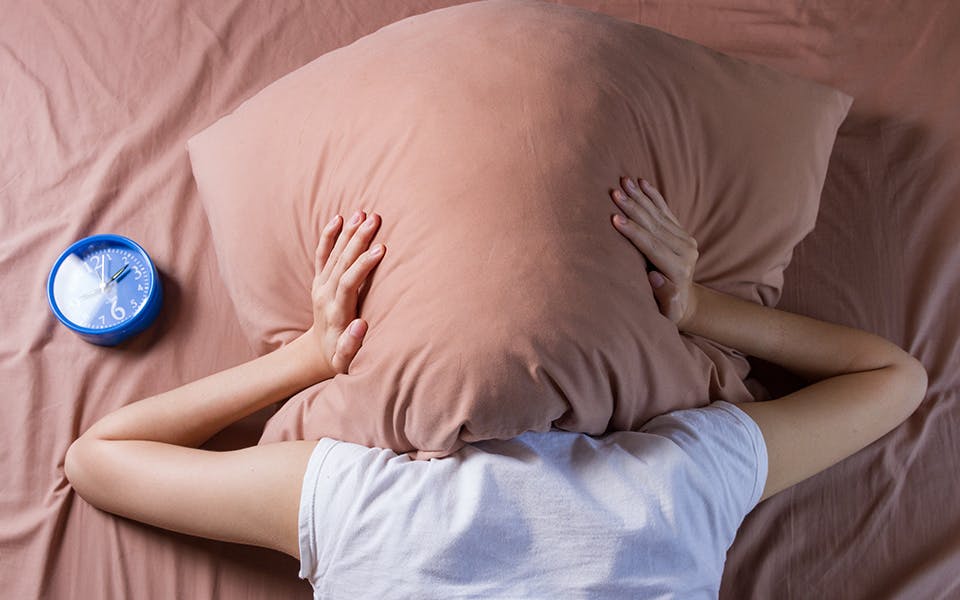You may think hearing loss will give you a better chance at sleeping soundly since you don’t hear traffic, crickets or other sounds that can keep you up at night. However, your body still responds to sounds even if you’re not consciously listening, and that negatively affects your hearing health.
How Noise Disrupts Sleep Patterns
Noise pollution affects how well you sleep at night, even if a sound doesn’t wake you. Because you’re asleep, you aren’t aware your ears are suffering and can’t take measures to address the problem.
Hearing a noise while you’re sleeping triggers stress hormones like adrenaline and cortisol. It’s part of the evolutionary physiology that our ancestors used to survive. And while that may have been necessary for people who feared nighttime predators, it can be problematic for today’s average sleeper.
There are four stages of sleep: stage 1 and 2 are light sleep; stage 3 is deep slow-wave sleep when your muscles relax and your breathing slows; stage 4 involves rapid-eye movement (REM) and dreaming. Studies show noise pollution lengthens stages 1 and 2 and decreases stage 4, affecting deep sleep and rejuvenation.
Noise doesn’t have to reach an excessive volume to be disruptive, either. A sound as low as 40 decibels, like the hum of your refrigerator, can elicit enough brain activity to disrupt your sleep pattern.
A Lack of Sleep Exacerbates Hearing Loss
While you’re “listening” to nighttime noises, your brain is trying to interpret the sounds and expending energy when it’s supposed to be resting. That can leave you feeling more tired when you wake than when you went to sleep.
Poor sleep causes mental exhaustion and inhibits your ability to focus. So, your brain is working extra hard to interpret sounds with less energy.
Lack of sleep also affects your heart health, circulation and blood vessels, all of which are closely linked to your hearing. Your ears rely on blood vessels to support cilia, the hair cells responsible for sending electrical signals to your brain. Those blood vessels can’t function without proper circulation, which causes permanent damage to the cilia.
Tips for Getting a Good Night’s Sleep
- Turn off electronics that emit a hum or buzz or remove them from your bedroom.
- Shut your door to muffle sounds while you’re sleeping.
- Wear earplugs or hearing protection to block out nighttime noises, especially if your partner snores.
- Try a white noise machine. It can reduce the impact of environmental sounds and help you fall and stay asleep.
Are you ready to start your journey toward better hearing? The audiology team at Hearing Associates will conduct thorough hearing evaluations and find you the best hearing devices to suit your needs. Contact us online or call 888.760.2032 to schedule your appointment.


